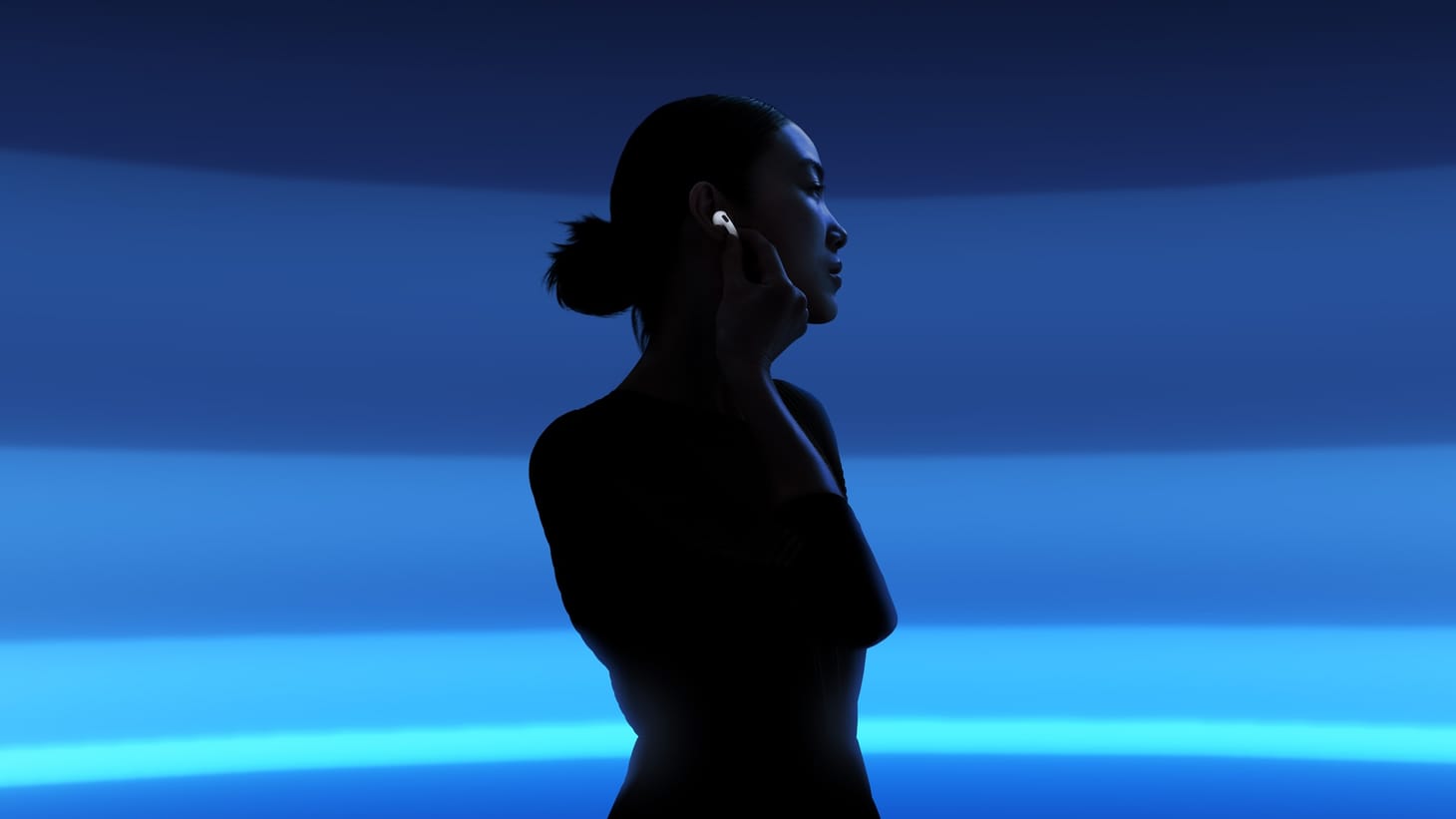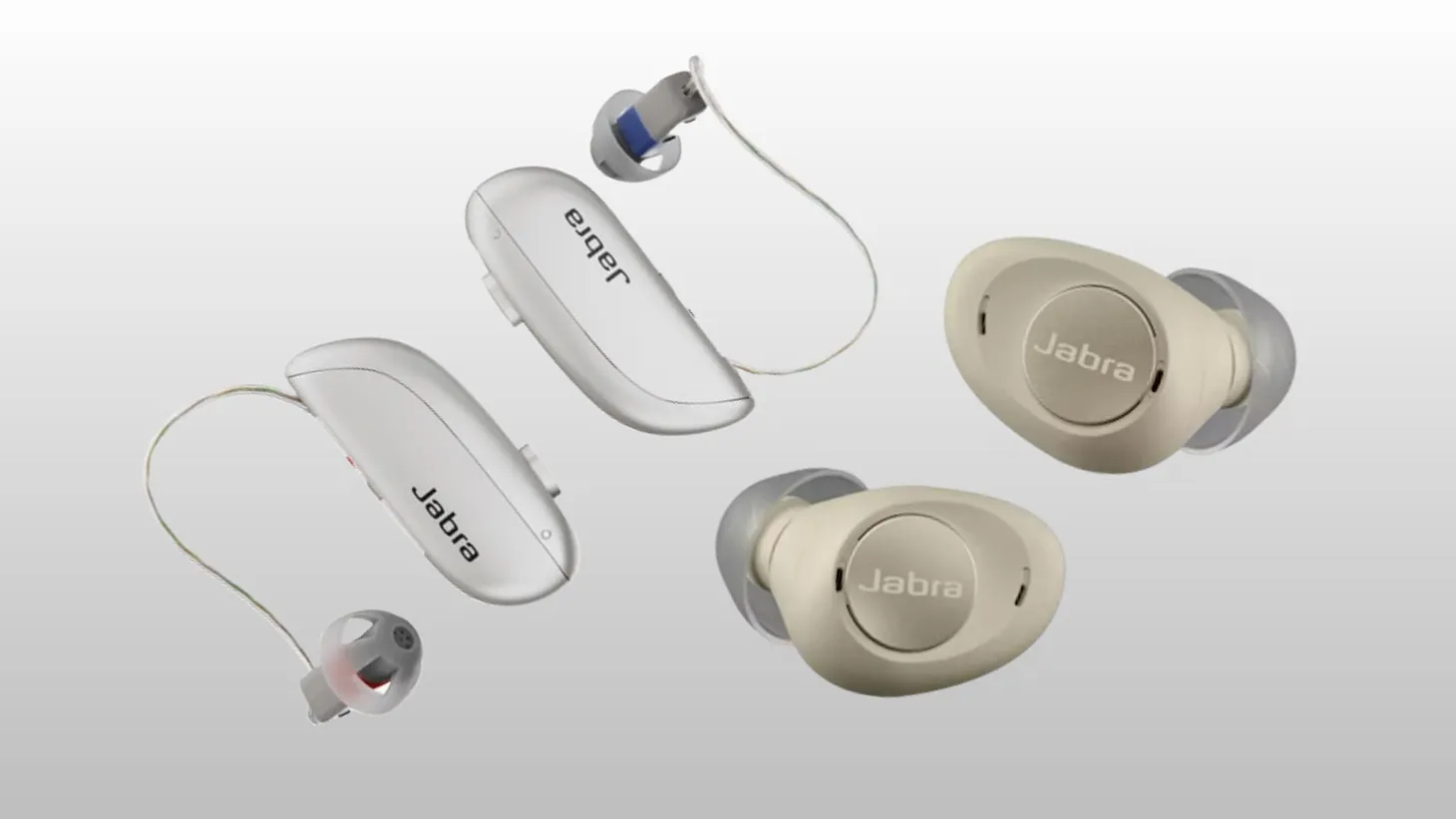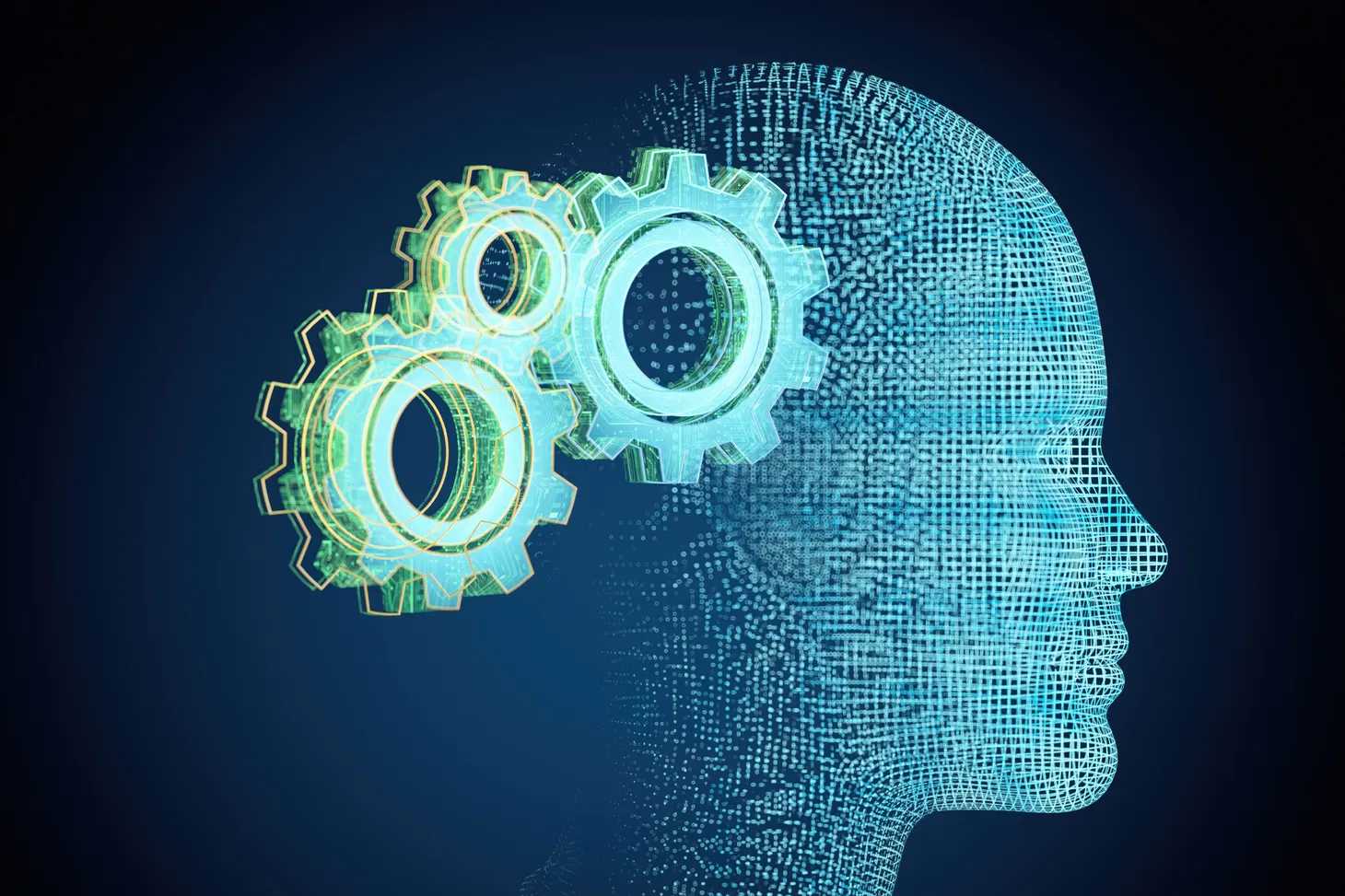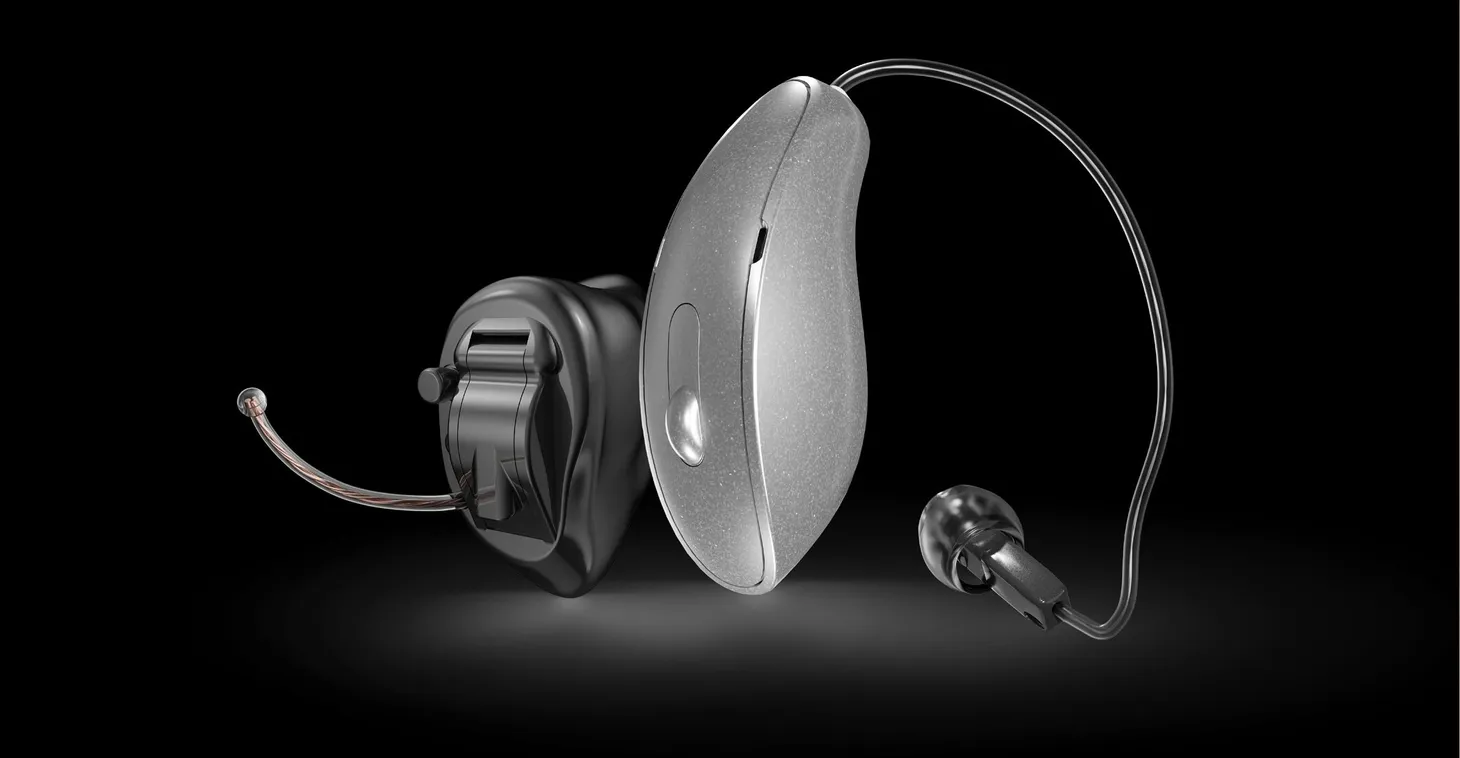FDA lets Apple sell Airpods Pro 2 as OTC hearing aids
Airpods now feature automatic noise reduction, a self-administered hearing test app, amplification tuned to test results, and other hearing enhancements.

It’s official: Apple is the newest competitor in the over-the-counter (OTC) hearing aid market.
Recent software enhancements to the AirPods Pro 2 earbuds, including automatic reduction of too-loud environmental noises, a self-administered hearing test app, and amplification tuned to results of the test, earned the approval of the U.S. Food and Drug Administration (FDA) to sell them as OTC hearing aids.
The FDA approval follows Apple’s introduction of new hearing health features for its AirPods Pro 2 earbuds including a self-administered test for hearing loss and amplification tuned to your unique hearing-loss profile. The earbuds also feature active noise reduction to protect the ears from too-loud noises.
Self-administered clinical-grade hearing test
Apple introduced a hearing test app based on the standard clinical approach called pure-tone audiometry that users can take themselves with their AirPods Pro and a compatible iPhone or iPad. The test provides a summary of results, including a number representing hearing loss in each ear, a classification, and recommendations. The results, which also include an audiogram, are stored privately and securely in the Health app, and can be shared with a healthcare provider to enable more informed conversations.

Amplification
Learning about hearing loss is a critical step to getting necessary assistance, which can often be challenging due to cost and access. And hearing loss often goes untreated: a hearing study commissioned by Apple revealed that 75 percent of people diagnosed with hearing loss haven’t received the assistive support that they need.
Amplification in the Airpods Pro 2 earbuds can be tuned to the user’s individual hearing profile, transforming them into FDA-approved clinical-grade hearing aids for users with mild to moderate hearing loss. The earbuds can also be programmed with an audiogram created by a hearing health professional.
After setup, the feature enables personalized dynamic adjustments so users have the sounds around them boosted in real time. Amplification at the appropriate frequencies aids understanding of speech in noise and provides a better experience with phone calls and streaming music, podcasts, and other audio.
Hearing Loss Prevention
According to Apple’s hearing study—a longitudinal, virtual public research study conducted in collaboration with the University of Michigan School of Public Health and the World Health Organization—one in three people are regularly exposed to loud environmental noise levels that can impact their hearing. Common scenarios like taking the subway while commuting, mowing the lawn at home, attending a sporting event, and more can cause hearing loss.
In order to help users prevent exposure to loud environmental noise while preserving the sound signature of what they’re listening to, AirPods Pro 2 provides a hearing protection feature. Ear tips help to provide passive noise reduction, while Apple’s H2 sound processing chip helps to actively reduce louder, more intermittent noise at 48,000 times per second. Hearing protection is a default setting across all listening modes.
Pricing & Availability
With FDA approval, the hearing test, hearing aid, and hearing protection features are expected to be available in the fourth quarter of 2024 and will work with the latest AirPods Pro 2 firmware paired with a compatible iPhone, iPad, or Mac running the latest operating system. Apple Airpods Pro 2 are currently available from Apple and online outlets for $249.
Hearing Industry Report Newsletter
Join the newsletter to receive the latest updates in your inbox.


